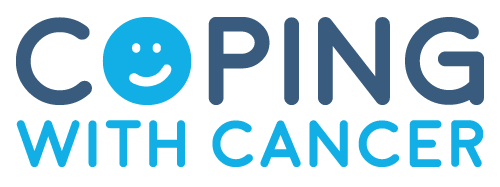
Introduction
You, a friend or relative may have been recently diagnosed with cancer. This website has been created to help you find clarity and start you down the path of coping with cancer and finding support.
Introduction
You, a friend or relative may have been recently diagnosed with cancer. This website has been created to help you find clarity and start you down the path of coping with cancer and finding support.
Caregiver Assessment
Cancer impacts people diagnosed and the family and friends who care for them. Having someone close to you diagnosed with cancer may introduce many different feelings and thoughts for you. Often receiving professional support can help. If you are wondering if professional support might be beneficial for you, please take this quiz and find out.
Circle of Care
Following your diagnosis of cancer, you will have access to different medical and health professionals. These people are your circle of care. They are there to provide care, support, and guidance to you and your family. However, it can be difficult to know what each person on your care team does. Please scroll below to find out more about the roles of professionals in your circle of care.
For Professionals
CAPO is a broad community of psychosocial professionals, researchers and educators who are committed to improving the quality of social, psychological, emotional, and spiritual aspects of life for people diagnosed with cancer. Please click below to learn more about CAPO and the work that we do.

Getting Support
Getting Support
Types of support →
Facing cancer is a difficult challenge. Fortunately, there are various types of support available to you and your family. The type of support that is best for you will depend on your needs and goals. The purpose of these support opportunities is to provide a constructive and safe place where you can learn more information and discuss your feelings, thoughts, and concerns with trained professionals and peers.
Symptoms Tool →
Many patients experience symptoms due to cancer treatment, and the severity of symptoms can vary. The Symptoms Tool can help you to evaluate which symptoms you may be experiencing due to treatment, and what type of support may be most helpful to you in coping with these symptoms. Once you have explored your symptoms using the Symptoms Tool, information found under the “Circle of Care” and in the “Resources” sections of this site can help you decide who to contact for assistance in coping with and managing your symptoms.
Self Assessment Quiz →
The Self-Assessment Tool can help you to determine how your symptoms are affecting you psychologically and emotionally, and whether you would benefit from seeking psychosocial support. Remember: symptoms from cancer treatment are common, and affect each person differently. Once you have gained a better sense of how your symptoms are affecting you, information found under the “Circle of Care” and in the “Resources” sections of this site can help you to decide who to contact for guidance and support in coping with the psychosocial aspects of cancer.

